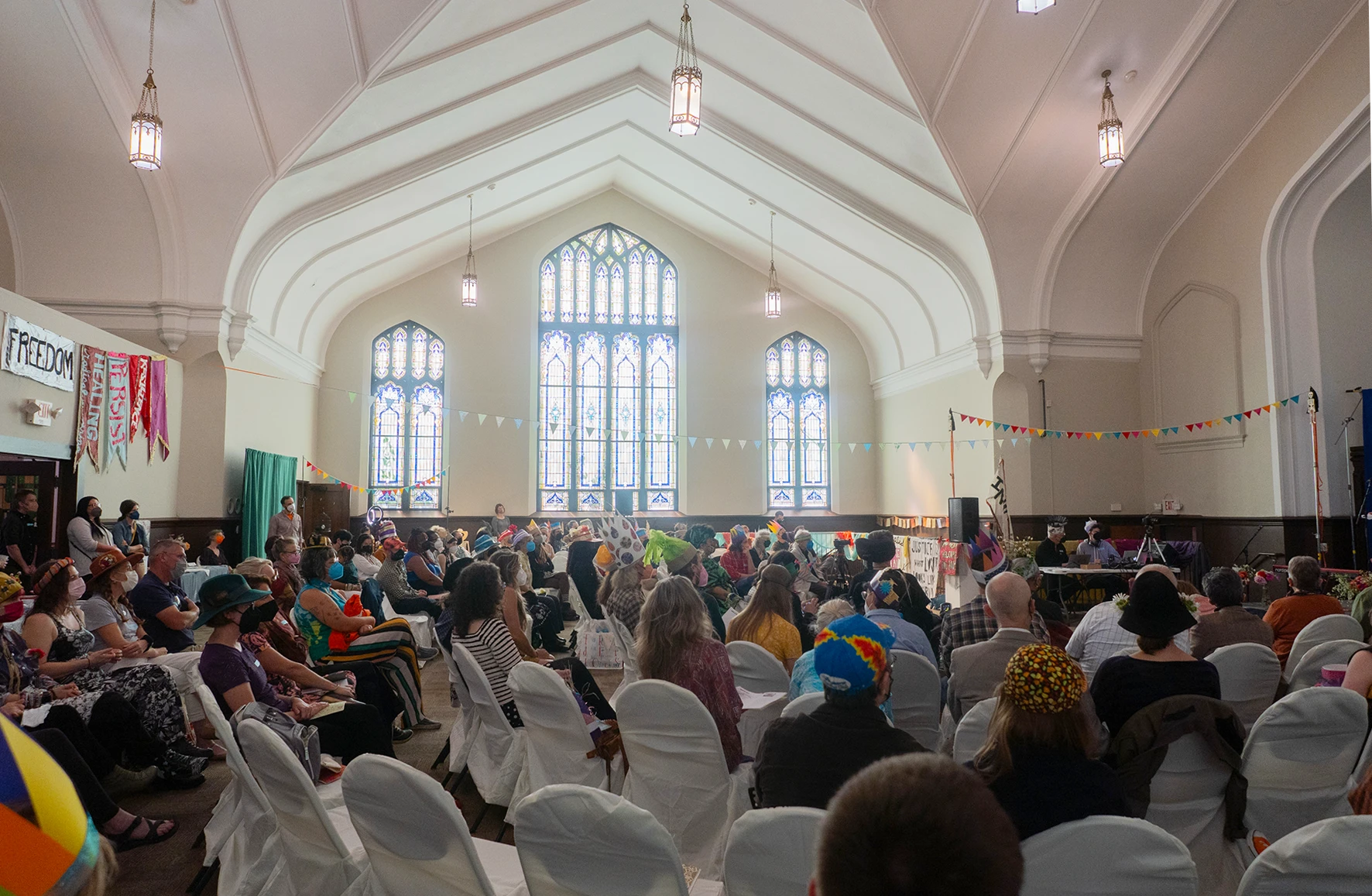Finance request: it’s time
It's time to make a clear request for financial support. Thank you, so much.
March 2025: How’s Hanna?
Update on Hanna's health, care, finances, writing and more as of March 2025
2024 Retrospective
Looking back over 2024, a year of progressing symptoms, continuous change, daily adventures, tears, laughs, and togetherness. Here's a timeline, photographs, the year in numbers, and reflections from Hanna.
Video of “Life in Unraveling” event is now available
Now available: video of our *very* special event to celebrate Hanna's book and to hear an amazing group of authors creatively and soulfully engage with difficult questions.
Bedsores and Bliss! Print and eBook!
Hanna's first book is now available, to rave reviews. Here are links for buying the book in the US, Europe and South Africa.
Letters Upstairs: An invitation to loving correspondence (Nov 17)
Hanna offers to carry letters "Upstairs" on our behalf. Here are her instructions, and an invitation for a group letter-writing gathering on November 17.
Living End Celebration
See the livestream video of Hanna's "Living End of Life Celebration!" It was a profound, joyful and tearful day as SO many people came together to celebrate Hanna's life and voice, and to practice holding grief in community.
Final Details for Hanna’s Living End-of-Life Celebration
You are invited to Hanna's Living End-of-Life Celebration, Sunday October 6, 2024.
Invitation: Hanna’s Living End-of-Life Celebration
You are invited to Hanna's Living End-of-Life Celebration, Sunday October 6, 2024.
July 2024: How’s Hanna?
An update on Hanna's health, her new children's book, and the state of finances for Hanna's care

